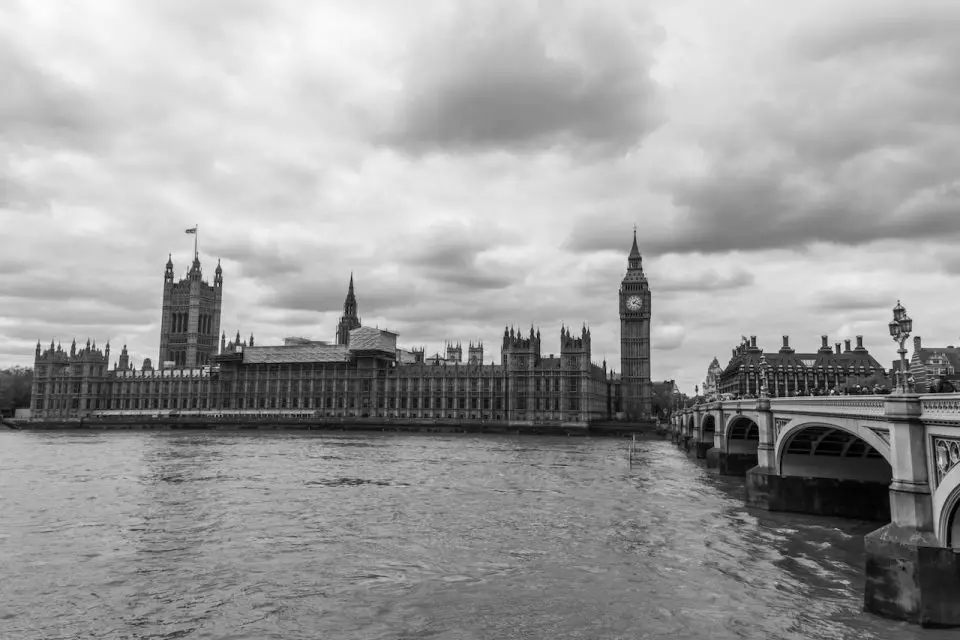BP CEO Bernard Looney tendered his resignation on Tuesday, following revelations of undisclosed personal relationships with colleagues during his tenure. The oil major confirmed Looney’s departure, citing a failure to fully disclose these details as the reason for his resignation. Chief Financial Officer Murray Auchincloss has been appointed as interim CEO in the wake of Looney’s exit.
Looney, 53, assumed the role of CEO of BP in February 2020 with a bold vision to revolutionize the 114-year-old company. His ambitious plans included propelling the British energy giant toward achieving zero net emissions by 2050, along with substantial investments in renewable and low-carbon energy sources.
The abrupt resignation came in the wake of recent allegations surrounding Looney’s personal relationships with fellow company associates, prompting BP to initiate a thorough investigation. This development followed similar claims that the board examined in May 2022. At that time, Looney had disclosed “a small number of historical relationships with colleagues prior to becoming CEO.” No breaches of the company’s code of conduct were uncovered, and the board received assurances from Looney regarding both the disclosure of past personal relationships and his commitment to future conduct.
However, on Tuesday, Looney informed BP’s board that he had not fully disclosed all relevant details regarding these relationships, ultimately leading to his resignation. BP shares in London experienced a modest 1% increase prior to the revelation of Looney’s departure. Conversely, shares listed in New York experienced a 1.5% decline, hitting the day’s lowest point following the news.
Stepping into the role of interim CEO is Chief Financial Officer Murray Auchincloss, 52, whose career began as a financial analyst at Amoco before its acquisition by BP in 1998. Since then, Auchincloss has held various positions, including CFO of BP’s North American Gas business.
Earlier this year, BP revised its initial plans to reduce hydrocarbon production by 2030, down to 25% from 2019 levels, as opposed to the previously targeted 40% reduction. This adjustment, still considered one of the most substantial cuts in oil and gas output within the decade among major oil companies, reflects the challenges BP faces in convincing investors of competitive returns from non-hydrocarbon ventures.
Over the past three years, BP’s shares have lagged behind those of European rival Shell, as well as U.S. counterparts Chevron and Exxon Mobil. In 2022, Looney’s compensation surged to approximately $12 million, reflecting robust profits amid soaring energy prices, while BP’s emissions showed marginal change from the preceding year.
The departure of Looney, who succeeded Bob Dudley, the leader credited with guiding BP through the aftermath of the Deepwater Horizon disaster in 2010, leaves a palpable void in the company’s leadership. The sudden exit of a visionary leader, who sought to instill a renewed sense of ambition within BP, raises questions about the company’s trajectory. The subsequent steps and the individual poised to steer BP towards a cleaner, greener future remain uncertain.
Source: Reuters

